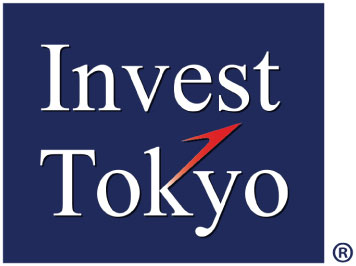Tokyo Innovation Ecosystem Special Discussion – Tokyo’s ecosystem. Creating and accelerating together –
“How should universities collaborate with startups?”
2020.5.29
- Special Interview: The Significance and Potential of Ecosystems
Mr. Michiaki Matsushima, Editor-in-Chief of WIRED Japan - Panel Discussion1: What do startups expect from “Tokyo”?
Panelists:
Tomohiro Tada, Chairman, and CEO, AI Medical Service Inc.
Yuichiro Ito, Director, and CFO, Finatext Holdings Inc.
Takayuki Sasaki, Executive Officer and CMO, TBM Inc.
Moderator:
Kazuhiko Chuman, General Manager, Business Incubation Promotion Department, Corporate Strategy Division, KDDI Corporation - Panel Discussion 2: How should “universities” collaborate with startups?
Panelists:
Yoshihiro Kawahara, Professor, Graduate School of Engineering, The University of Tokyo
Masaya Nakamura, Professor, Keio University School of Medicine
Toru Asahi, Professor, Faculty of Science and Engineering, Waseda University / Executive Director, WASEDA-EDGE
Human Resource Development Program
Moderator:
Ms. Moe Nasu, Managing Director, Public Service, Medical & Health, Accenture
*Ecosystem: A business environment in which various players from industry, academia, and government, such as venture companies, large corporations, investors, and research institutes, coexist or collaborate to create a virtuous cycle of coexistence, co-prosperity, fostering of advanced industries, and economic growth, analogous to a natural ecosystem.
How to link the “knowledge” in universities, the source of technology seeds, to innovation? What role should the Tokyo Ecosystem play to achieve this? Professors from the University of Tokyo, Keio University, and Waseda University, who are involved in innovation creation at universities, social implementation of technology seeds, and entrepreneurship education, gathered to discuss the collaboration between universities and startups and the utilization of the ecosystem.
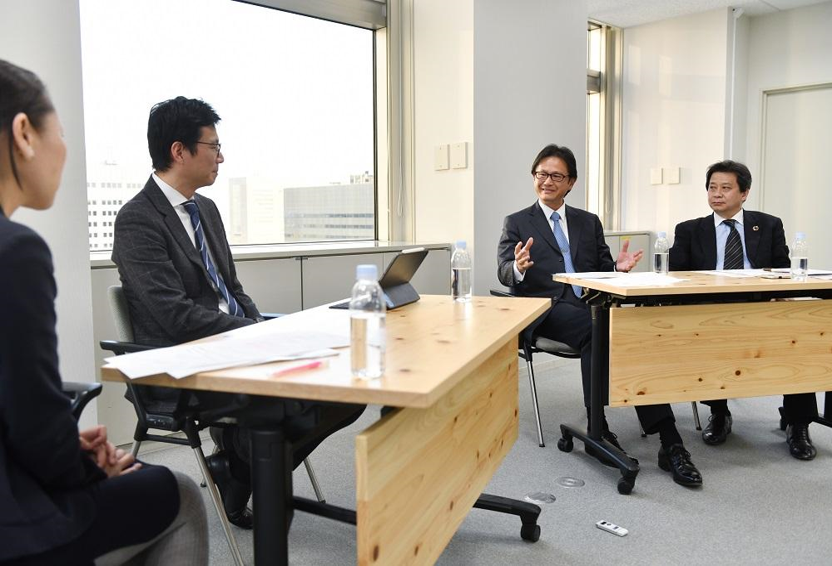
〇Panelists:
Yoshihiro Kawahara, Professor, Graduate School of Engineering, The University of Tokyo
Masaya Nakamura, Professor, Keio University School of Medicine
Toru Asahi, Professor, Faculty of Science and Engineering, Waseda University / Executive Director, WASEDA-EDGE Human Resource Development Program
〇Moderator:
Ms. Moe Nasu, Managing Director, Public Service, Medical & Health, Accenture
Nasu
First of all, could you give us an overview of the ecosystem-related projects that you are currently working on?
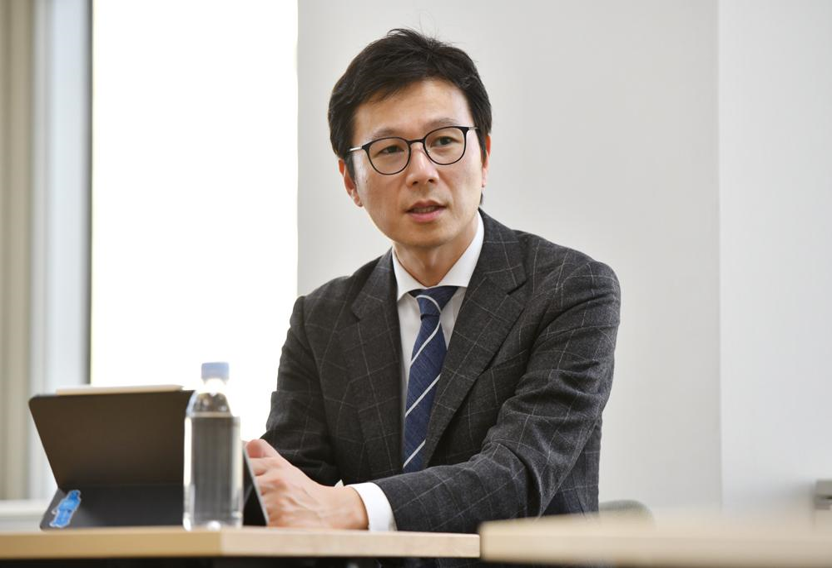
Kawahara
My name is Kawahara from the University of Tokyo. I am working on information and communication and IoT research. I am also the director of the Inclusive Engineering Research Organization. Our goal is to create a society in which people who are often left behind can benefit from technological development. This organization is unique in the way it is run, with professors from various university departments voluntarily working on cross-disciplinary fields from the bottom up. I am responsible for providing the seeds of technology in the field of engineering.
Nakamura
I am Nakamura from Keio University. My specialty is orthopedic surgery at the School of Medicine. I am also involved in the Innovation Promotion Division and the Research Collaboration Promotion Division. In the past few years, we have been selected for several government projects related to the innovation ecosystem, one of which is the “Research Complex Promotion Program Tonomachi Base” in the Tonomachi area of Kawasaki City. While taking advantage of the seeds of academia, we generate revenue through social contribution. This creates a circulation of funds and allows for the further development of university research.
Asahi
I am Asahi from Waseda University. I have long been involved in utilizing doctoral human resources as a program of the Ministry of Education, Culture, Sports, Science, and Technology. In the world, doctoral degree recipients play a leading role in creating new industries by starting their businesses, but there is almost no such trend in Japan. Therefore, we are developing a system to encourage Japanese doctoral students to become active as global human resources. I am also engaged in fostering entrepreneurs for graduate students as the Executive Director of the WASEDA-EDGE Human Resource Development Program.
Nasu
Thank you very much. Human resources are essential for strengthening the ecosystem, but how are you working on human resource development at your universities?
Nakamura
My own strongest awareness of the problem is that while medical professors are highly motivated to treat patients, conduct good research, and write good papers, they are less aware of the importance of connecting the results to business and social implementation. That is why I am raising my voice in the university to change the mindset. For example, even if you research for the benefit of patients, it is meaningless if it is not implemented in society. In the end, it will not reach the patients. I think it is essential to work together with people in the business world to realize social implementation while generating profits.
Kawahara
That’s true. In the past, writing a good paper led to promotion. Essentially, good research needs to be implemented in society in the end, but it is costly and time-consuming. So, there was a tendency to think that it would be more efficient to write another paper. However, it is not necessary for a professor with an excellent idea to start a business and become the president. I think the ideal situation would be for a startup ecosystem to run smoothly, with encounters between entrepreneurs looking for the seeds of new businesses and professors who are doing research and with the support of local governments such as the Tokyo Metropolitan Government.
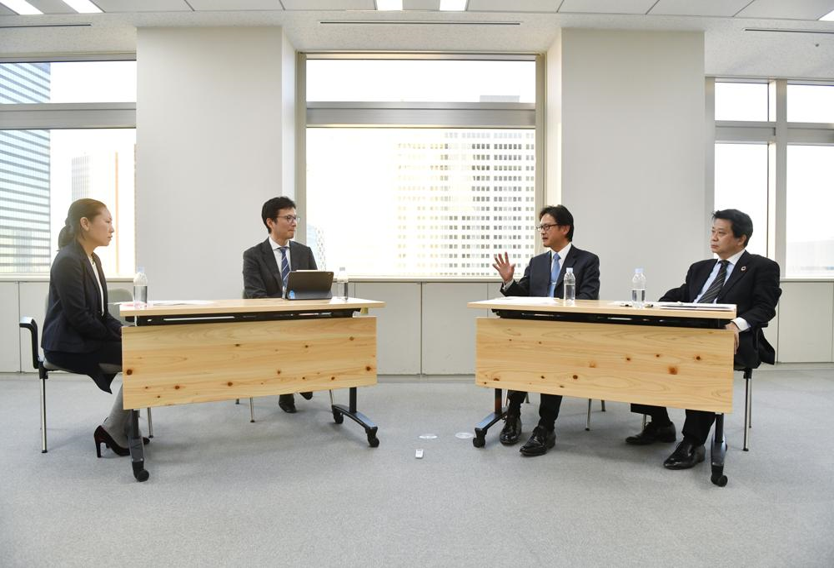
Nasu
As Professor Nakamura mentioned, are there any rules that need to be changed to change the mindset of universities?
Kawahara
Many engineering types of research are valuable when used in the city, but there is no place to conduct demonstration experiments. Currently, we are doing it on campus, but it would be nice if we could do it on city streets. If we can realize demonstration tests of new vehicles, I think it will be the first challenge of its kind in the world and will increase its academic value.
Nasu
How about you, Professor Asahi, in terms of human resources?
Asahi
I think it is crucial to learn entrepreneurship. It is entrepreneurship to take risks, open up new fields, and create value. Academic entrepreneurs are scholars. Entrepreneurs, in general, are enterprise entrepreneurs. I think both of these are necessary, and universities should be places that nurture both types of entrepreneurs. Doing new research is risky and expensive. However, I think we need to broaden the awareness that leading research to social implementation is crucial for writing papers and obtaining research funding.
Nakamura
I think the most important thing to do is to create a successful example. If you don’t make people feel that it is impressive and exciting, it will be challenging to develop human resources no matter how cool you say it is.
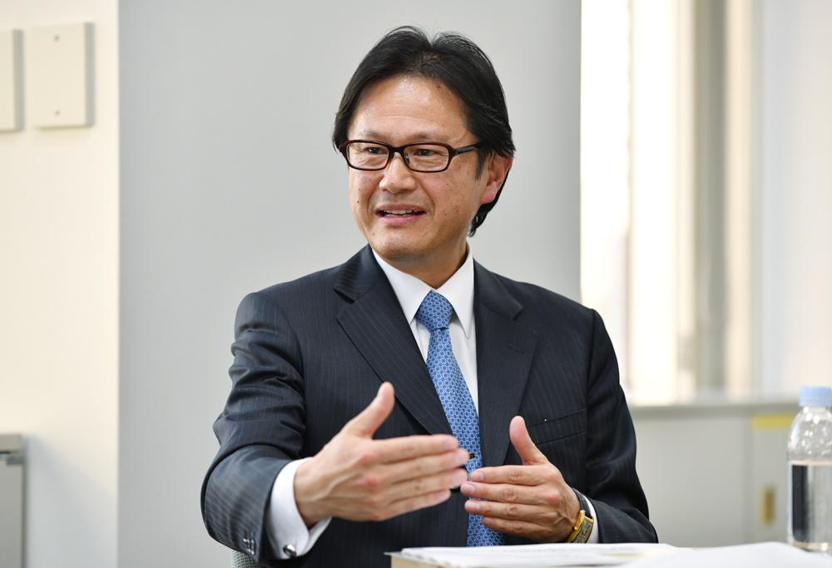
Nasu
In this context, what are your expectations for the Tokyo Metropolitan Government’s ecosystem from the university’s perspective?
Nakamura
I think that the fact that the Tokyo Metropolitan Government has launched an initiative to support the formation of an ecosystem is an excellent start. The public facilities are in place, and it is a hot spot for seeds. However, in terms of seeds, collaboration among academia has not yet developed. I am embarrassed to say that even inter-departmental collaboration within our university has not been sufficient so far. It would be great if the Tokyo Metropolitan Government’s ecosystem could function as a platform for inter-university collaboration and connections with companies.
Kawahara
I agree with you. More and more new faculties are being created and subdivided, but it’s challenging to integrate them.
Nasu
What kind of connections do you hope will emerge beyond the university?
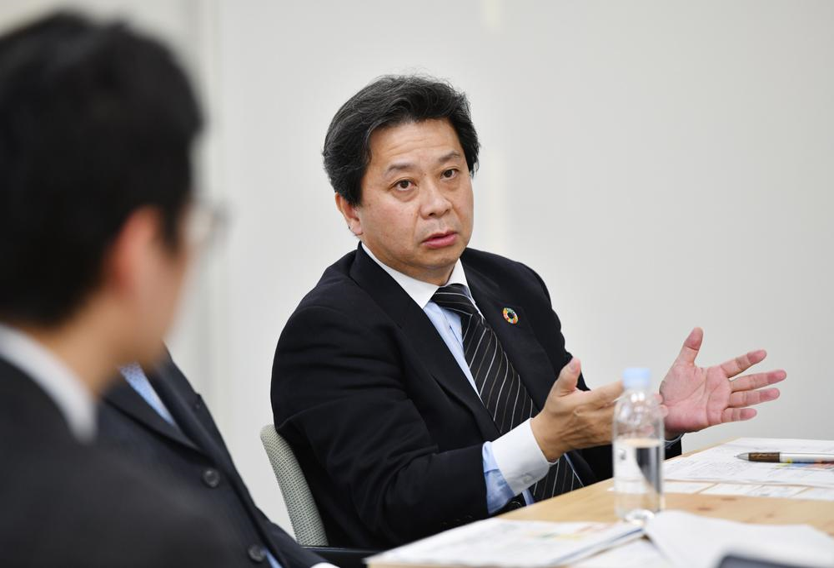
Asahi
Japan’s position in the world is rapidly declining, so we cannot afford to think only in terms of Japan. If we don’t have the right people, goods, and money to make the most of the unique characteristics of Tokyo, Kansai, and Kyushu, we will not be taken seriously on the global stage. To achieve this, we must first create Japan’s strengths. In this sense, I am very much looking forward to the initiatives of the Tokyo Metropolitan Government.
Nasu
In such an environment, what direction should the Tokyo Metropolitan Government aim for?
Nakamura
That is a very difficult question. In the field of medical and healthcare, Japan is a country with a long life expectancy. The challenge we are facing is the declining birthrate and aging population. It is crucial to find a way to overcome this problem and bring Japan back to life. I believe that Tokyo will be the center of this effort. This is because it has the ability to transmit information. It is important to overcome these challenges by implementing the results of research into society. This will ensure Tokyo’s position as a global hub in Asia.
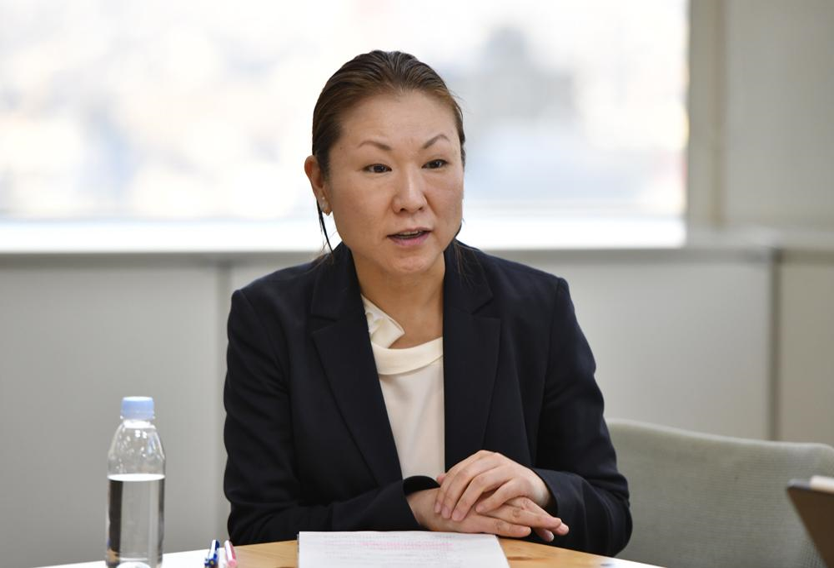
Kawahara
I think that the nature of cities is now being questioned. Tokyo is home to intelligent people who can make decisions autonomously, so it would be great to provide them with appropriate information so that they can live smoothly. I think Tokyo is the perfect place to explore how governance should be, to create a society where each individual can make their own decisions and take action, rather than the government forcing or asking them to do something.
Asahi
For example, if there is unused land near universities such as the University of Tokyo, Keio University, and Waseda University……, I would like to see them create spaces where students and people from industry can freely come and go. I think that if there is a place where startups can be started right away, it will be quite an exciting experiment
Nakamura
I agree. It would be great to have a place where young students working on the absolute cutting edge and having sharp seeds can have more free discussions. We don’t need to prepare a new place; we can renovate an old building. If we can do that, I think it would be fantastic.
Kawahara
In the world of information, the first step is to create an open-source, and then everyone contributes little by little with what they can do to make something of value. I think it would be interesting if everyone could decide what to do with buildings and land that are no longer in use, rather than the conventional way of bidding by the Tokyo Metropolitan Government.
Nasu
Thank you very much.

